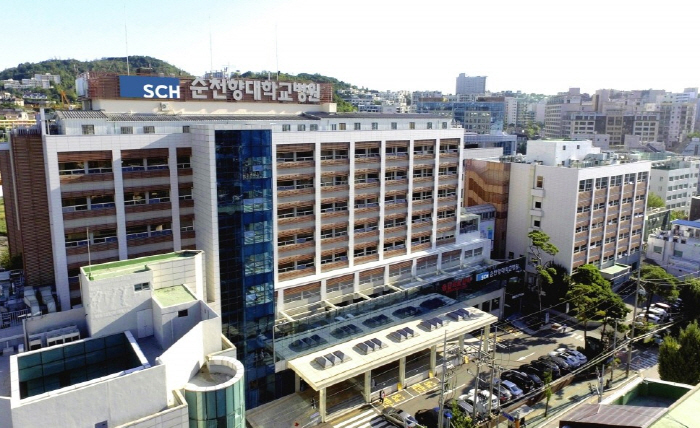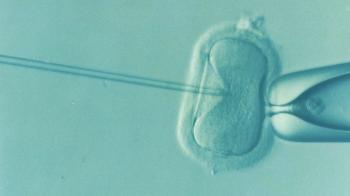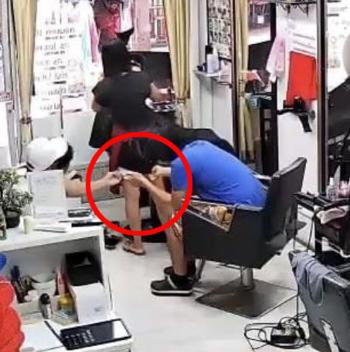Soonchunhyang University Seoul Hospital Starts Cardi Cell Therapy for Cancer of Dreams...Pick a cancer cell and attack
May 07, 2025
The Seoul Hospital (Hospital Director Lee Jung-jae) affiliated with Soonchunhyang University recently started CAR-T cell therapy called 'Dream Cancer Treatment'.
The first patient is a patient with diffuse giant B-cell lymphoma who was refractory to several treatments. A month after blood was collected and sent to the United States in February, CAR-T cells were safely made and successfully injected into the patient. CAR-T cell therapy is being performed on two to three patients every month after the first patient treatment.
Kim Kyung-ha, a professor of oncology at Soonchunhyang University Seoul Hospital, said "Our hospital started hematopoietic stem cell transplantation for the third time in Korea in 1987 and is still actively implementing it, making it relatively easy to treat Carty cells with similar treatment processes."We will try to ensure that more patients are treated safely in the future."
CAR-T (Chimeric antigen receptor T cells) cell therapy is a treatment method in which T cells, an immune cell in a patient's body, are collected, genetically modified to fit the chimeric antigen receptor 'CAR', a substance that finds cancer cells, and injected back into the body.
The injected CAR-T cells also maintain the ability to attack cancer cells in the patient's body and attack cancer cells in the long term. Since it accurately targets and attacks cancer cells, it has the advantage of minimizing damage to normal cells.
The treatment process is similar to hematopoietic stem cell transplantation, but treatment in Korea requires the hospital to go through a relatively difficult procedure that requires approval.
In addition, there are side effects different from those of existing treatment in the treatment process, so management and long-term monitoring are necessary.
CAR-T cell therapy is currently covered by insurance for some acute lymphocytic leukemia and non-Hodgkin's lymphoma, and is showing good results in patients who are difficult to treat with existing treatments.
The first patient is a patient with diffuse giant B-cell lymphoma who was refractory to several treatments. A month after blood was collected and sent to the United States in February, CAR-T cells were safely made and successfully injected into the patient. CAR-T cell therapy is being performed on two to three patients every month after the first patient treatment.
Kim Kyung-ha, a professor of oncology at Soonchunhyang University Seoul Hospital, said "Our hospital started hematopoietic stem cell transplantation for the third time in Korea in 1987 and is still actively implementing it, making it relatively easy to treat Carty cells with similar treatment processes."We will try to ensure that more patients are treated safely in the future."
CAR-T (Chimeric antigen receptor T cells) cell therapy is a treatment method in which T cells, an immune cell in a patient's body, are collected, genetically modified to fit the chimeric antigen receptor 'CAR', a substance that finds cancer cells, and injected back into the body.
The injected CAR-T cells also maintain the ability to attack cancer cells in the patient's body and attack cancer cells in the long term. Since it accurately targets and attacks cancer cells, it has the advantage of minimizing damage to normal cells.
The treatment process is similar to hematopoietic stem cell transplantation, but treatment in Korea requires the hospital to go through a relatively difficult procedure that requires approval.
In addition, there are side effects different from those of existing treatment in the treatment process, so management and long-term monitoring are necessary.
CAR-T cell therapy is currently covered by insurance for some acute lymphocytic leukemia and non-Hodgkin's lymphoma, and is showing good results in patients who are difficult to treat with existing treatments.
|
This article was translated by Naver AI translator.














